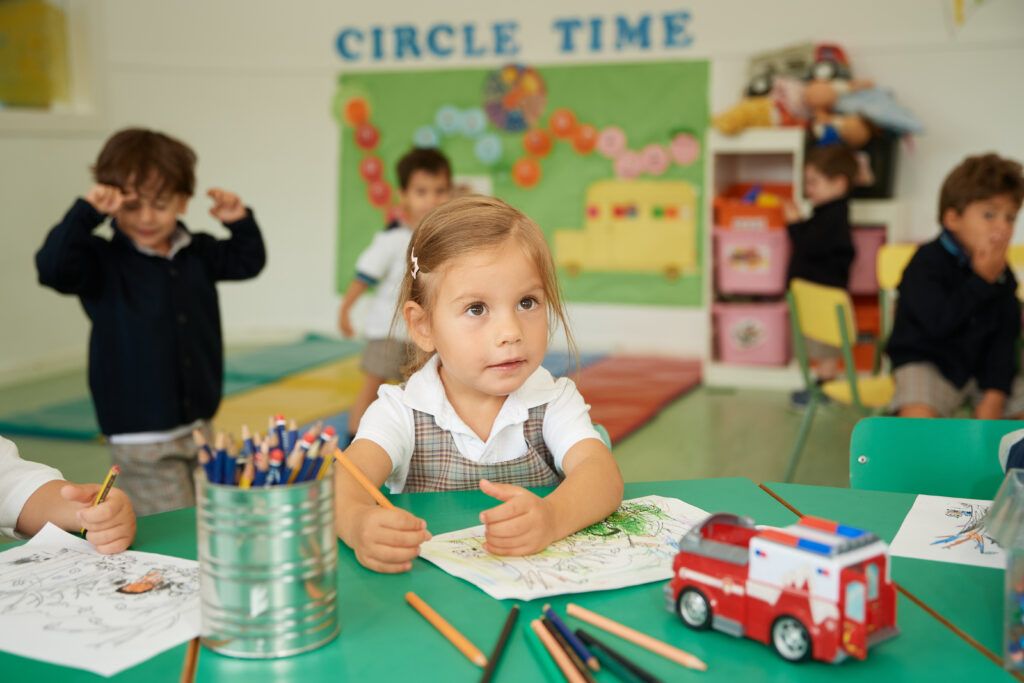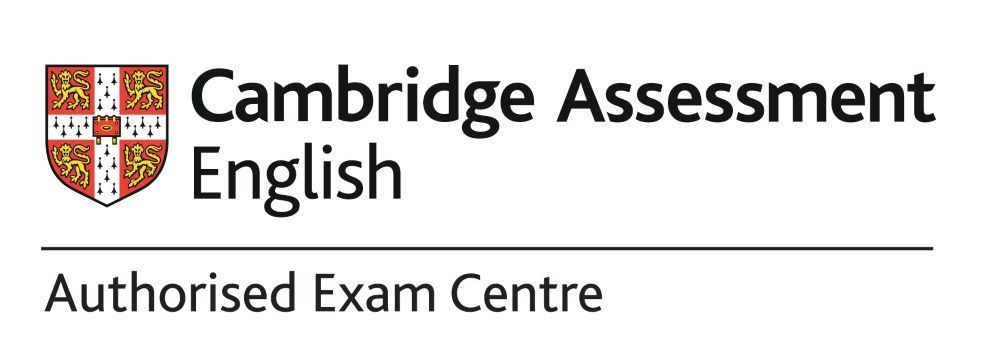Educational parenting styles
The family is the first context of socialization and its main function is to ensure the survival of its members, provide a correct affective and emotional context and instruct about guidelines and standards of conduct adjusted to the sociocultural context where it will develop as an individual.
Each family adequately fulfills this role and strives to fulfill their parental functions, but it is true that with the current times they sometimes feel overwhelmed, tired and lack energy, since it is difficult to reconcile family life with work. , and this makes the ability to cope with this task somewhat difficult to carry out.
The factors that will influence the educational styles established in each family will be due to:
– parents’ own educational experiences;
– the personality of the parents;
– the personality traits of the children;
– gender and order of birth
– Implicit beliefs or ideas held about development and education; Y
– the cultural and economic environment.
The main characteristics of these four parenting styles will be described below:
|
A
U T H O R I T A R I A N
P A R E N T S |
Características |
| – High level of control and maturity requirements
– They tend to be more oriented towards rewards and punishments – Low levels of communication and explicit affections |
|
| Their children… | |
| – They tend to be obedient, orderly and not very aggressive
– They are more timid and less tenacious in the pursuit of goals – They have poor internalization of moral values – Show few expressions of affection in interactions with their peers – They need an adult figure to tell them what is expected of them – Low self-esteem and dependency |
|
P
E R M I S S I V E
P A R E N T S |
Características |
| – Low level of control and maturity requirements
– High levels of communication and affection – They tend to consult the child on decisions that affect the family; However, they do not require order or responsibilities |
|
| Their children… | |
| – Tend to have trouble controlling their impulses
– They have difficulties in assuming responsibilities – They are immature – Low self-esteem |
|
D
E M O C R A T I C
P A R E N T S |
Características |
| – Present high levels of communication, affection, control and maturity demands | |
| Their children… | |
| – They have high levels of self-control and self-esteem
– They are persistent in achieving their goals – Interactive and skilful in their relationships with their peers – Independent – Affectionate |
|
I
N D I F F E R E N T
P A R E N T S |
Características |
| – Low level of control and affection
– They do not provide emotional support or an adequate affective environment – They are not concerned with providing limits or rules of conduct – Low levels of communication and explicit affections |
|
| Their children… | |
| – They do not enjoy affective ties with their parents
– They are immature, unstable, disobedient and demanding – They present problems with self-esteem and self-control |
From all this information it can be concluded that it is essential that mothers and fathers are able to reflect on what educational model we normally use with our children and its possible consequences, that is, we must fight to achieve a democratic style because with this we will achieve adequate communication Based on affection, there will be clear and adapted rules and limits, support and empathy towards our children will facilitate healthy psychological and social development and they will achieve strong self-esteem and self-confidence. It is also true that we will never be 100% pure in an educational style because, as we said at the beginning, the time of day, the level of stress/fatigue we have will influence…
Next, I attach a test to assess what educational style we would find ourselves in at this moment and according to our way of educating.













![BAPParentLogo[5]](https://fontenebroschool.com/wp-content/uploads/2020/09/BAPParentLogo5.png)


